5. The Killing – Stanley Kubrick
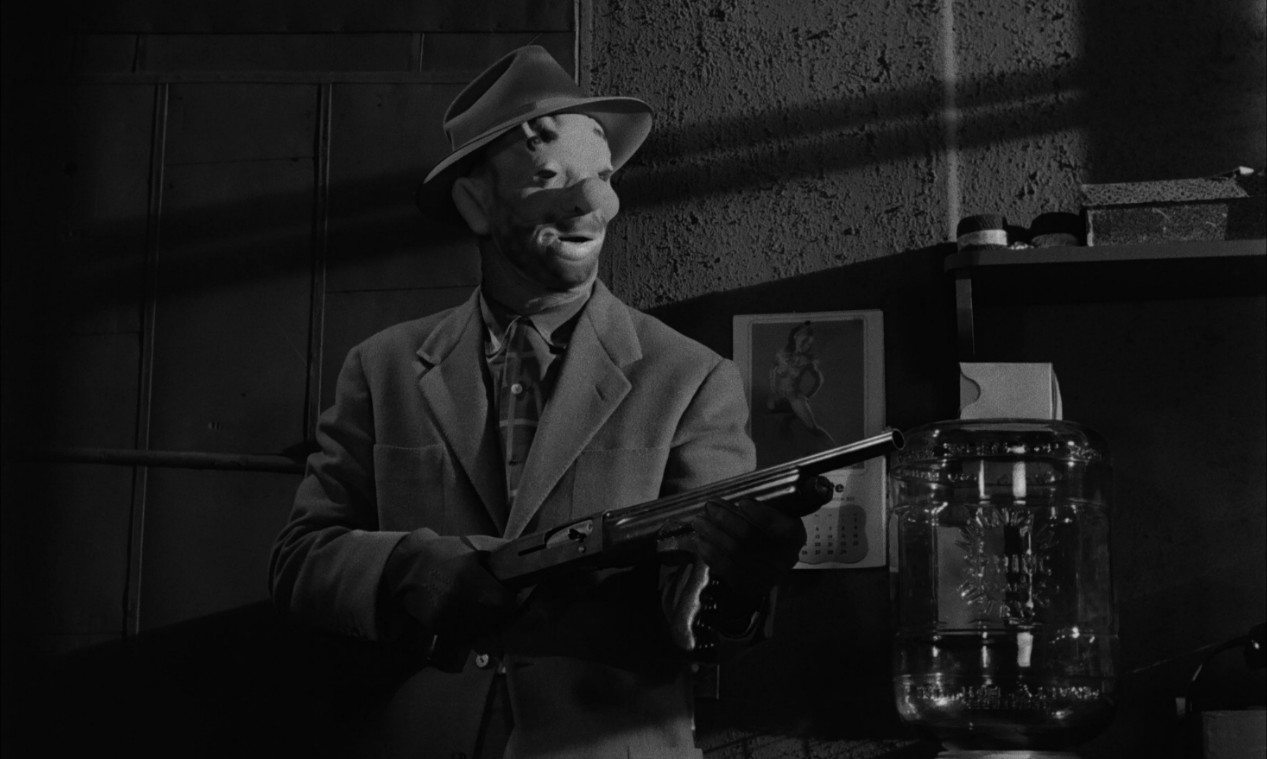
It is generally accepted among critics that Stanley Kubrick developed his personal voice in 1957 with the magnificent war movie “Paths of Glory,” which many consider to be his first true masterpiece. But just one year before, Kubrick wrote and directed the brilliant noir “The Killing.”
Kubrick takes the fairly simple set up of a heist movie (a group of criminals get together to plan a race track robbery) and constructs a complex and intricate narrative with the precision of a Swiss clock, guiding the viewer through the many twists and turns while maintaining a consistent tone and pace.
It’s in the climax heist sequence where his young genius really shines, carefully building tension with editing and framing and carrying it out to the furthest possible limits.
Anchored by a sleuth of interesting performances, especially by tough guy actor Sterling Hayden, “The Killing” is a gripping crime movie that, while certainly not his best, still demonstrates Kubrick’s unparalleled abilities that were about to take over the world.
4. Down by Law – Jim Jarmusch
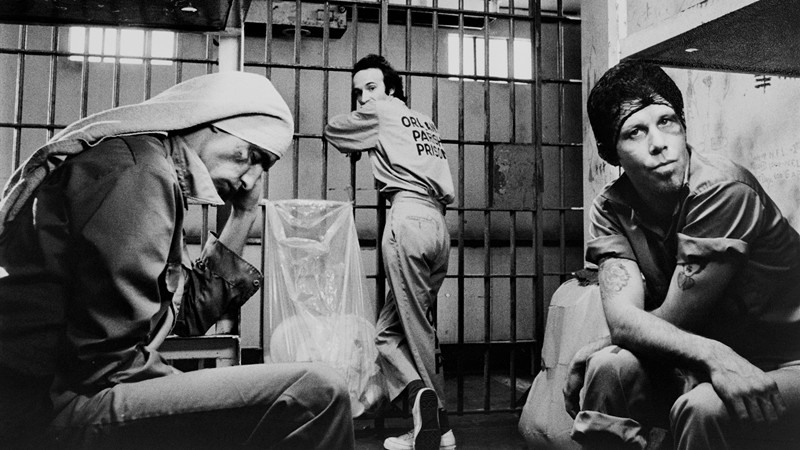
One of America’s most beloved indie auteurs, Jim Jarmusch has led an incredibly consistent career, making sensitive character studies that use dry humour to soften the dark underlying themes, and that formula came to prominence in his third movie, the delightful “Down by Law.”
There is not really a plot to speak of here, as Jarmusch is more interested in establishing the relationship between the characters, which, in this case, are Tom Waits’ Zack, a down on his luck musician; John Lurie’s Jack, a professional criminal; and the scene-stealing Roberto, hilariously played by Roberto Benigni.
It’s a quirky independent movie disguised as a genre picture, as it goes down a “prison escape” route, but really what makes it work is the chemistry between the three leads that infuses the film with heart and comedy. It is, in fact, one of Jarmusch’s funniest movies, which comes mostly from Benigni’s failed attempts to communicate with his friends.
Jarmusch later made more serious and celebrated movies, but none as purely enjoyable as “Down by Law.”
3. Stray Dog – Akira Kurosawa
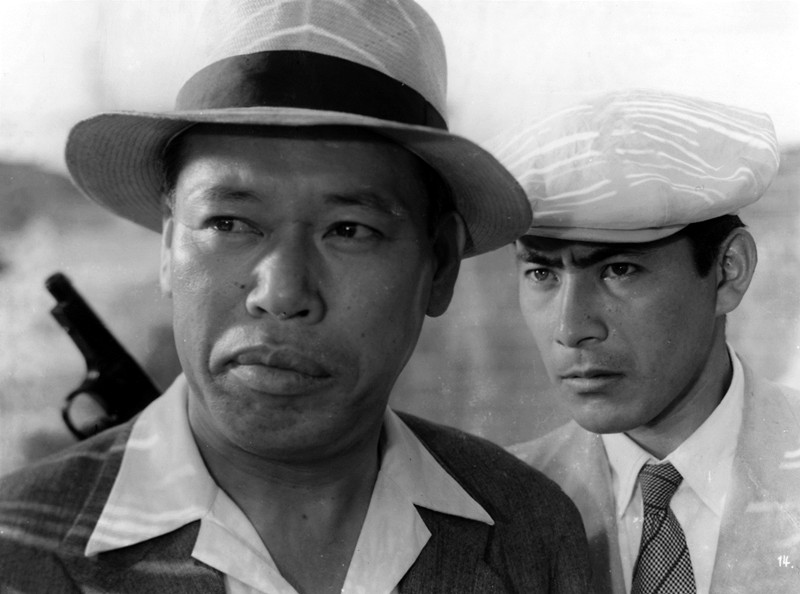
One the best and most influential filmmakers of all time, Akira Kurosawa had been directing uneventful movies on demand for a few years, but his career only took of after the end of World War II, when the censorship of the Japanese Empire was lifted and artists had more freedom to do what they wanted. His first truly great movie came in 1947 with “Stray Dog.”
His favorite star Toshiro Mifune plays rookie homicide detective Murakami, who loses his Colt pistol to a pickpocket and is then forced to partner with veteran detective Sato (Takashi Shimura, another Kurosawa regular) to find the thief.
It’s a noir crime movie to rival the best of the American movies of the time, which found Kurosawa playing with the conventions of the genre but also adding some of his own particularities (setting the movie during a heat wave makes it very visually distinct, for instance). It is also a interesting character study, as these men bond over the course of the investigation and we get a glimpse at their inner lives and how their different experiences shaped their worldview.
It’s a rewarding and intelligent genre movie with more to say, and required viewing for any Kurosawa fan.
2. Assault on Precinct 13 – John Carpenter
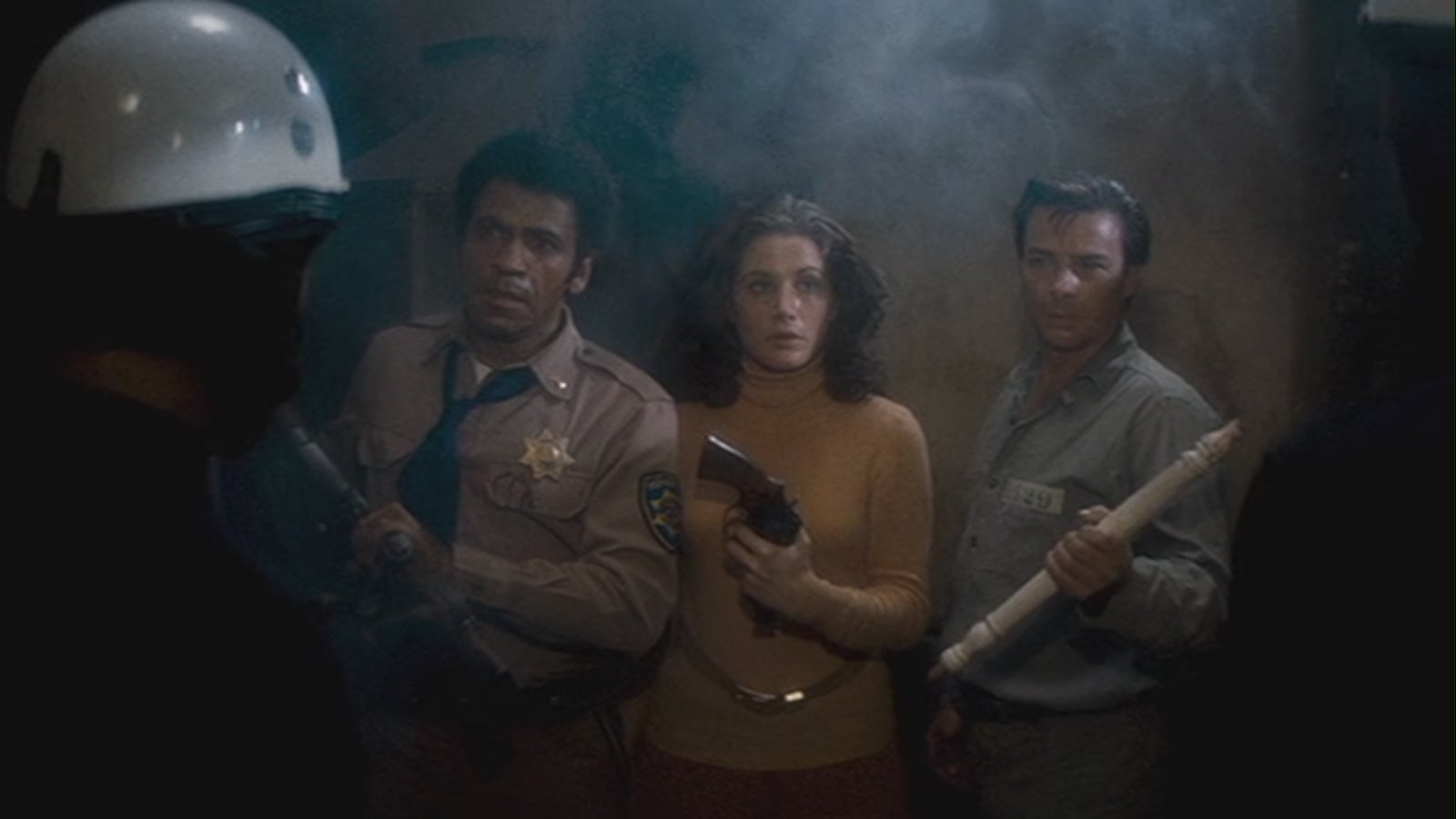
“Assault on Precinct 13” is John Carpenter’s second film, his “official” debut being 1974’s “Dark Star.” But this is really his first professional effort and, if not for the student movie mentioned above, it would certainly be considered one of the best first movies of all time.
The simple but ingenuous premise sees several people, on opposite sides of the law, as fate unites them in Precinct 13, where an attack by criminals is about to take place.
It’s truly remarkable to think that at such a young age, Carpenter already dominated so many aspects of cinema that most directors go their entire careers without grasping. His screenplay is filled with memorable characters and lines, as well as incredibly constructed set pieces; his direction is utterly on point, never calling attention to itself, but maintaining absolute control over the narrative (not to mention his magnificent score, one of the very best he ever created).
There’s a mediocre remake starring Ethan Hawke, but that’s best ignored, because the original “Assault on Precinct 13” is one of the best action movies of all time.
1. Thief – Michael Mann
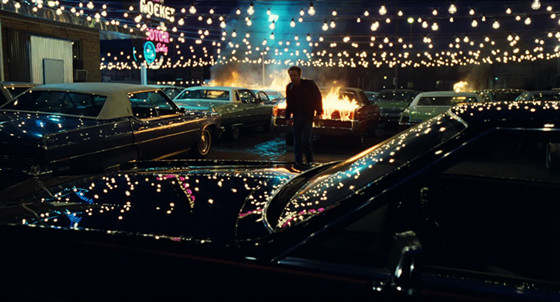
With only a TV movie to his name until this film (“The Jericho Mile”), Michael Mann wrote, produced and directed the masterpiece “Thief” in 1981, a nearly flawless movie that launched his career like a spaceship across the stratosphere.
The great James Caan plays Frank, a professional safe-breaker who desires to retire from crime and live a peaceful life alongside his girlfriend Jessie (Tuesday Weld). Frank decides to do one last job for the Mafia, but things go awfully wrong and his life starts to fall apart.
There is perhaps no other director alive who can make this type of movie better than Mann. While the crime films from Scorsese verge on his specific brand of operatic epics about the rise and fall of gangsters, Mann does a more intimate kind of crime cinema, one that relies on the characters’ inner struggles. He makes movies about tough people faced with a hostile urban environment, desperately longing for something to free them from their brand of the underworld.
“Thief” is both intense and delicate, thrilling and moving, a genre movie with vulnerable human characters. It is a masterpiece from one the most talented directors alive, who only needed two movies to find his own unique voice.